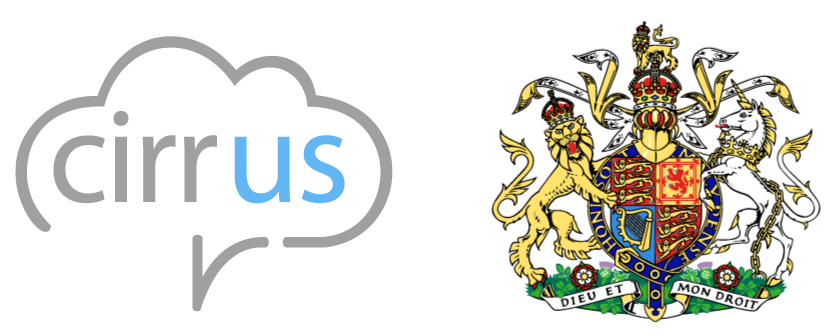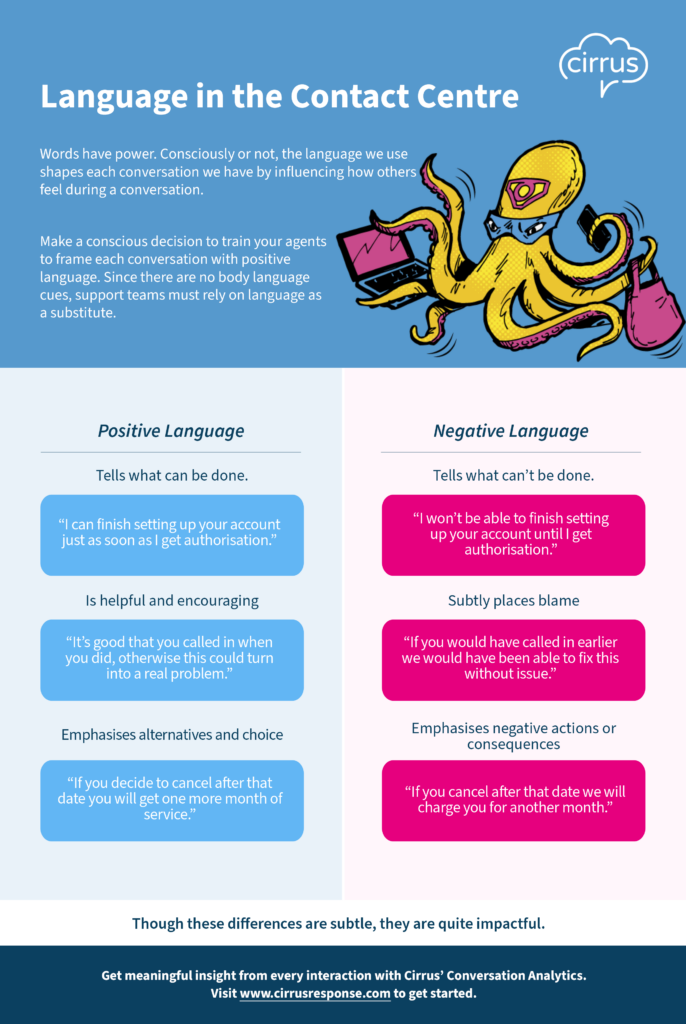Managing a successful contact centre requires mastering many complex responsibilities. From strategic planning to day-to-day operations, contact centre leaders must juggle recruiting, training, performance monitoring, and career development. This comprehensive guide covers forward-thinking industry trends and proven formulas for growing your contact centre career, building a continuous learning culture, and inspiring improvement while achieving business goals.
Cultivating Top Contact Centre Agent Skills
Certain essential skills empower agents to deliver exceptional customer experiences. Contact centre training should focus on:
- Active Listening – Giving customers full attention demonstrates their time is valued. Agents should practice summarising issues back to confirm understanding. Asking clarifying questions also proves active listening. For example, “Let me confirm I understand correctly – the payment error caused your order cancellation?”
- Clear Communication – Responding directly and concisely, avoiding industry jargon, keeps conversations focused. For instance, an agent could say: “Please hold briefly while I access your account details.”
- Empathy – Mirroring customers’ words spotlights shared frustration and builds trust. An agent might reflect: “I can understand why receiving double the expected charge would be frustrating.”
- Positive Language – Encouraging phrases emphasising helpful options set an optimistic tone. An agent could reassure: “I can certainly credit your account today for the overcharge.”
- Creative Problem Solving – Knowledgeable agents can think innovatively to generate unexpected solutions. If a delivery is late, an agent might offer an e-gift card as compensation.
Sharpening these skills creates higher quality customer engagements.
Onboarding Strategies for New Contact Centre Recruits
Thoughtful onboarding is vital given the industry’s high turnover rates. Best practices include:
- Customising the agent desktop so only the most essential information displays. This prevents distractions.
- Compiling recordings exemplifying successes and pitfalls for training. Illustrating real examples builds skills.
- Setting clear goals aligned to key performance metrics like customer satisfaction and first contact resolution.
- Providing regular personalised coaching by reviewing call interactions. Feedback tailored to the individual is most effective.
- Using scripting to guide agents through varied interaction types like sales, service and collections. Scripts build confidence.
This structured approach enhances abilities, satisfaction and retention.
Optimising Omni-channel Contact Centre Teams
- Leading omni-channel contact centres requires new team structures balancing channel specialists with cross-trained agents.
- Maintain dedicated voice and chat agents based on the distinct required abilities. For example, voice agents need patience and verbal skills. Chat agents excel at multitasking and writing concisely.
- Cross-train a percentage of specialists from each channel to provide flexibility handling volume spikes. Multiskilled agents fill gaps as needed.
- Implement criteria-based call routing so an IVR gathers details to optimally route engagements. Cloud-based IVRs support remote team members.
- Analyse data to refine the hybrid model by assessing cross-trained agent performance and creating efficient workflows.
Streamlining Tools to Empower Contact Centre Agents
Simplifying tools removes distractions so agents can devote full energy to customers. Unified desktops, tailored dashboards and script libraries cut through complexity. Self-service options like chatbots reduce agent workloads. Intuitive, integrated tools are essential.
Driving Continual Improvement Through Coaching
Objective coaching insights uncover development opportunities. Speech analytics provides unbiased scoring to reveal strengths, weaknesses and training needs. Screen recordings enable constructive feedback tied to specific interactions. CSAT surveys identify areas needing practice. Investing in continual skills enhancement retains top talent long-term.
By taking a strategic approach to recruitment, honing essential skills, optimising team structures, providing best-in-class technologies and prioritising coaching, contact centre leaders can achieve world-class results. Agents are empowered to deliver superior customer experiences when set up for success.
The Cirrus eBook: The Complete Guide to Leading Contact Centre Teams
This eBook provides an excellent blueprint for managing a thriving contact centre in today’s omni-channel landscape. By hiring the right people, training for key skills, optimising team structures, equipping agents with the best tools and emphasising continuous coaching, contact centre leaders can boost performance, improve retention and deliver superior customer experiences. Forward-thinking contact centre leaders create the conditions for agents to excel.
Download the guide here





